Mangaluru, May 2: In a philanthropic gesture, a group of Muslim social workers and activists in Mangaluru have formed an association with the sole intention of helping bereaved and aggrieved families in Dakshina Kannada district in case of sudden demise of their breadwinners.
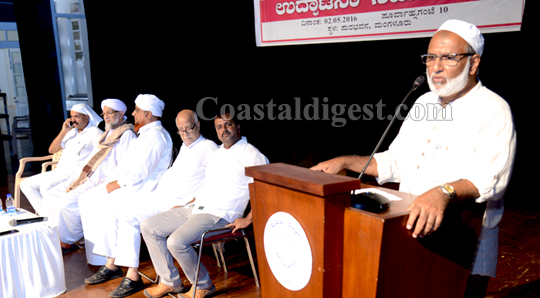
Spearheaded by the city based entrepreneur and educationist SM Rasheed Haji, Dakshina Kannada Muslim Association' (DKMA) was formally inaugurated by Mangaluru Khazi Twaka Ahmed Musliyar at town hall in the city on Monday. Udupi Khazi Bekal Ibrahim Musliyar offered dua.
Hailing the formation of DKMA, health minister UT Khader said that he would hold discussion with the chief minister to convert it into a government scheme in order to reach out to the poor and needy Muslim families.
He also exhorted upon the effluent section among Muslims to join hands with the DKMA to help the helpless families in case of emergencies and tragedies.
Presiding over the event, Mr Rasheed Haji, who is also the founder president of the DKMA, said that a majority of Muslims in Dakshina Kannada belong to middle and poor classes and in case of death of their breadwinners the families undergo lot of difficulties and financial constraints. This organisation aims at helping such families.
Rs 2 lakh for a member's kin
He said that in case of the sudden demise of the breadwinner a beneficiary family, the DKMA will donate Rs 2 lakh by collecting Rs 1,000 from 200 members.
The families of only those who become members of DKMA will be eligible to receive the amount after their demise. Besides they will be eligible to get a free treatment at Yenepoya Medical College Hospital at Deralakatte, he said.
As a special gesture the DKMA will be donating Rs 2 lakh to the family of Safwan, who died in a hospital in the city after being stabbed by miscreants a few days ago in Thokkottu, he added.
Mr Rasheed Haji revealed that the inspiration for the formation of DKMA was an organisation which donated Rs 8 lakh for the family of a deceased, collecting Rs 80 from 10,000 people. Former minister BA Mohideen, Mangaluru North MLA BA Mohiuddin Bava and others were present.
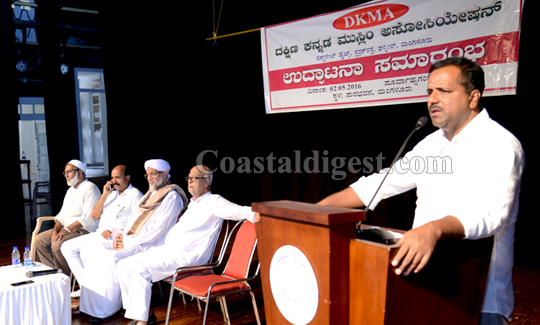
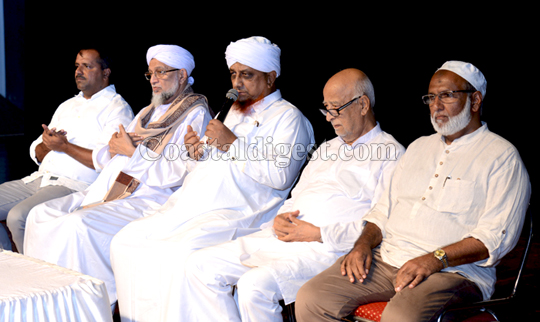
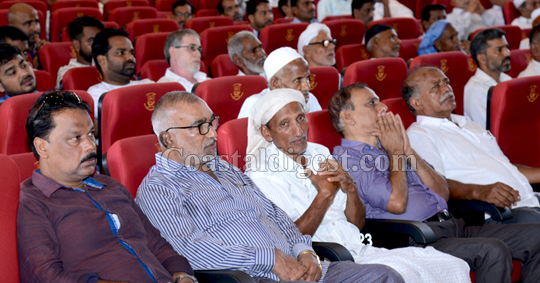
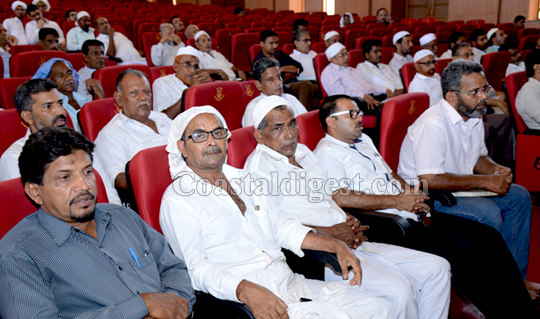


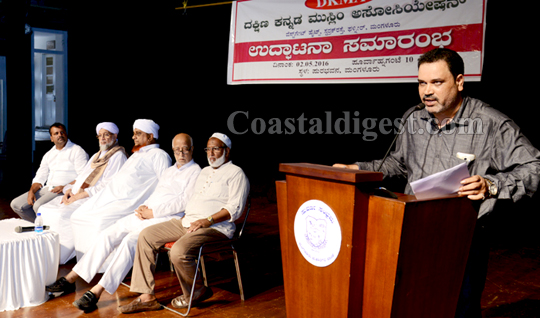
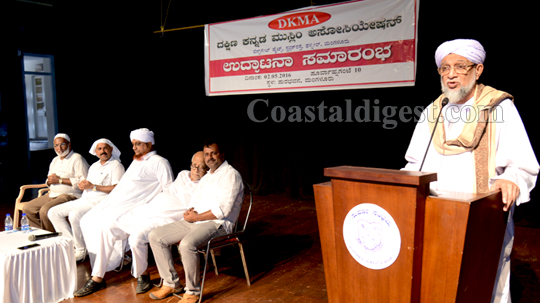








Comments
Masha allah a great humanitarian work by Haji S.M.Rashid and his dedicated team. Really commendable. It is need of the hour it will benefit the poor family when their breadwinner will lost their life or met with an accident. It is a unique project undertaken by its founder president. It needs encouragement and support from the DK people.
May allah reward all the members involved in this work.
Wishing all the best.
great ,really very good thinking May Almighty Allah grant long life to all of you for this noble work . we like to donate and help for this great association
Very good move by S.M.Rashid haji,I hope & pray it long last. The
similar organizations are still in existance, i.e. Central committee
with different kind of services.The condition laid before the muslim public that those who become the member of DKMA only
get benefit is bit confusing.Hope that will be solved meaningfully.
Masha Allah great association!!!!
Now the needy will get less donations and moreover surprised to note that there are no hanafi members and would like to know is this something to do like the Beary community as this should not be named DK muslim association as there are hanfai`s also in the district who have conrtibuted hugely towards the community.
Masha allah
Great formation of DKMA under the leadership of Social worker,educationist Haji S.M.Rashid. Nice to see both respectable Khazi's in the function. Keep it up your good work. May allah reward for all your good deeds. I think it is the inspiration from the GCC based NGO.
Wish all the best to all the members of DKMA.
Very good cause. Appreciate Rasheed Haji's commitment and dedication.
A great step. May Allah grant barakath to all of you for this noble step. And kindly give us information if we also can donate it as part of our zakath. If yest where and how?
Good initiative. All the best. Politicians only promise.
Add new comment